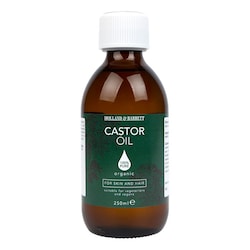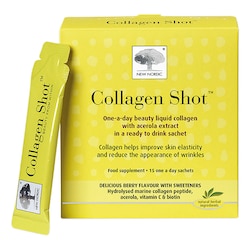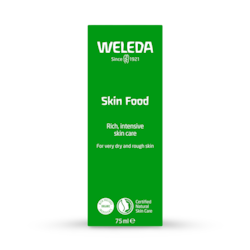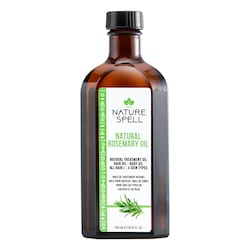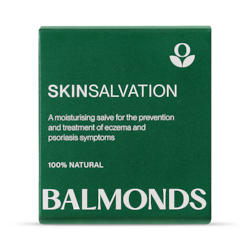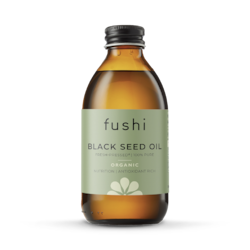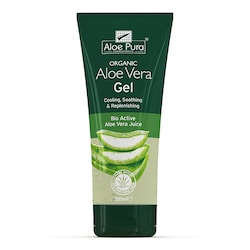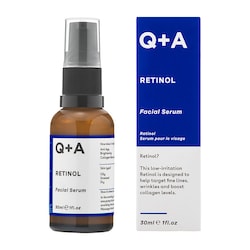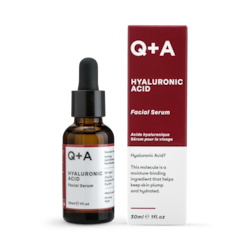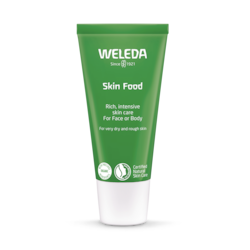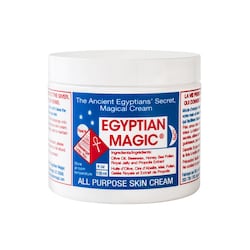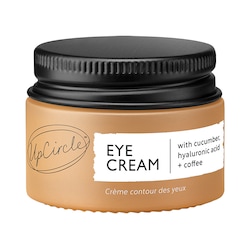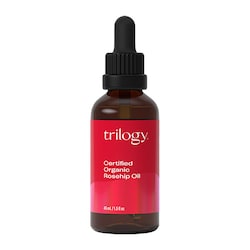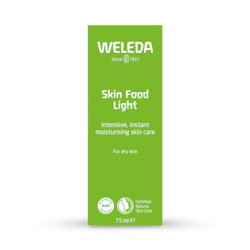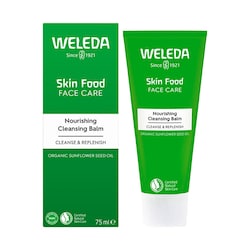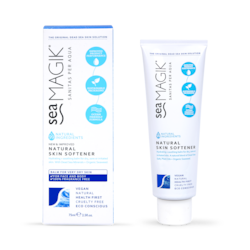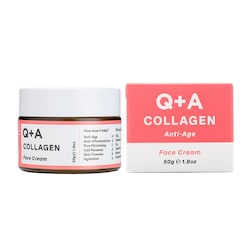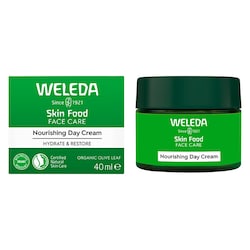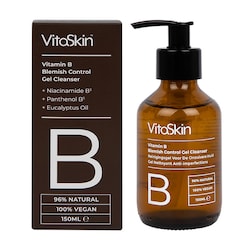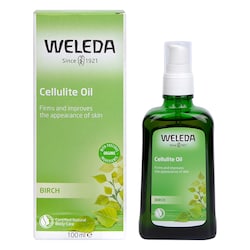20% off £30
Code:QUICK
St John’s wort: benefits, dosage & side-effects
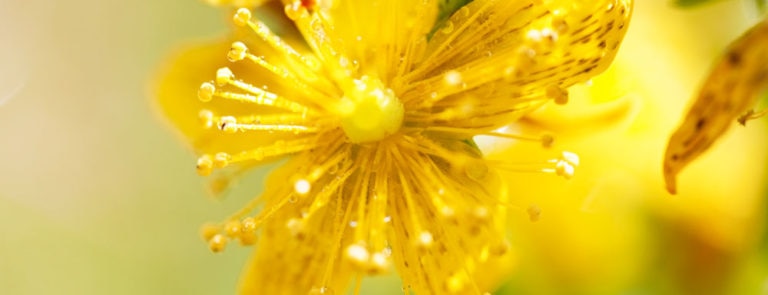
What does St John’s wort, a flowering plant, do? It could help brain health for one. Here's more information on the plant, including dosage and side-effects.
Summary
1What does St John’s wort do in the body?
It contains a plant chemical called hypericin, which scientists believe has a powerful effect on the brain. A 2004 Italian study reported...
2How much St John’s wort is safe to take?
The dosage depends on the type of preparation, according to the EU’s Committee on Herbal Medicinal Products. It’s very important that you read the...
3What are the side-effects of taking St John’s wor
St John’s wort is usually well-tolerated by users. However, some people report side-effects, including: upset stomach, fatigue, headache, dizziness...
Find out all about St John’s wort, including what it does, the benefits to taking it and how much you might need
Written by Beth Gibbons on December 7, 2018 Reviewed by Fiona Hunter on January 4, 2019
What is St John’s wort and what does it do?
St John’s wort, or Hypericum perforatum, is a flowering plant that is native to Europe and Asia. Herbalists used to harvest the plant around St John’s Day on June 24th, which is how it came by the name.1
Scientists think St John’s wort was used by the ancient Greeks. Traditionally, it was popular for sleep disorders, depression and wound-healing.2 Nowadays, St John’s wort is used to relieve symptoms of slightly low mood and mild anxiety.3
St John’s wort can be taken orally as tablets, capsules or tea, or it can be applied topically in bath products.
Benefits of St John's wort
What does St John’s wort do in the body?
St John’s wort contains a plant chemical called hypericin, which scientists believe has a powerful effect on the brain.
A 2004 Italian study reported that hyperforin can increase the levels of the brain chemicals serotonin, dopamine and noradrenaline, which help to boost and regulate mood.4 The researchers also found that hyperforin has an anti-anxiety effect in the brain.
A 2016 study published in Systematic Reviews found that St John’s wort may be better than a placebo at relieving symptoms of mild to moderate depression. However, there’s no evidence that it can help anyone with severe depression.5
If you’re interested in taking St John’s wort, speak your GP or a healthcare professional first.
Dosage
How much St John’s wort is safe to take?
The dosage depends on the type of preparation, according to the EU’s Committee on Herbal Medicinal Products. It’s very important that you read the label carefully before use.6 St John’s wort should be avoided by the following people as it has not been proved safe:7
- pregnant or breast-feeding women
- children and teenagers under the age of 18
- about to undergo surgery
- allergic to any of the ingredients
- having UV light treatment
- are photosensitive
- depressed
St John’s wort can also interact with some medications including:8
- the contraceptive pill
- certain antibiotics
- blood-thinning drugs, like Warfarin
- epilepsy drugs
- antidepressants – levels of serotonin in the brain can reach dangerously high levels9
- HRT Treatment
- immunosuppressants
- HIV medication
- cancer medication
- cholesterol medication
- medication for heart disease
- medication for migraine
- blood pressure medication
- lithium
- thyroxine
Side-effects
What are the side-effects of taking St John’s wort?
St John’s wort is usually well-tolerated by users. However, some people report side-effects, including:10,11

- upset stomach
- fatigue
- headache
- dizziness
- confusion
- increased sun sensitivity in fair-skinned people
Because St John’s wort is a stimulant, it can aggravate feelings of anxiety in some people.
Advice is for information only and should not replace medical care. Please check with your GP before trying any remedies.
- Alexandra Rowles. Healthline. What Is St John’s Wort? Available from: https://www.healthline.com/nutrition/st-johns-wort#section1
- National Center for Complementary and Integrative Health. St. John's Wort. Available from: https://nccih.nih.gov/health/stjohnswort/ataglance.htm
- European Medicines Agency. Community herbal monograph on Hypericum perforatum L. herba (well-established medicinal use). Available from: https://www.ema.europa.eu/documents/herbal-monograph/final-community-herbal-monograph-hypericum-perforatum-l-herba-well-established-medicinal-use_en.pdf
- Zanoli P. Role of hyperforin in the pharmacological activities of St John’s wort. Available from: https://www.ncbi.nlm.nih.gov/pubmed/15492771
- Apaydin EA, et al. A systematic review of St John’s wort for major depressive disorder. Available from: https://www.ncbi.nlm.nih.gov/pmc/articles/PMC5010734/
- European Medicines Agency. Community herbal monograph on Hypericum perforatum L. herba (well-established medicinal use). Available from: https://www.ema.europa.eu/documents/herbal-monograph/final-community-herbal-monograph-hypericum-perforatum-l-herba-well-established-medicinal-use_en.pdf
- European Medicines Agency. Community herbal monograph on Hypericum perforatum L. herba (well-established medicinal use). Available from: https://www.ema.europa.eu/documents/herbal-monograph/final-community-herbal-monograph-hypericum-perforatum-l-herba-well-established-medicinal-use_en.pdf
- European Medicines Agency. Community herbal monograph on Hypericum perforatum L. herba (well-established medicinal use). Available from: https://www.ema.europa.eu/documents/herbal-monograph/final-community-herbal-monograph-hypericum-perforatum-l-herba-well-established-medicinal-use_en.pdf
- National Center for Complementary and Integrative Health. St John’s Wort and Depression. Available from: https://nccih.nih.gov/health/stjohnswort/sjw-and-depression.htm
- National Center for Complementary and Integrative Health. St John’s Wort and Depression. Available from: https://nccih.nih.gov/health/stjohnswort/sjw-and-depression.htm
- Schempp CM, et al. Effect of topical application of Hypericum perforatum extract (St John’s wort) on skin sensitivity to solar simulated radiation. Available from: https://www.ncbi.nlm.nih.gov/pubmed/10885442


